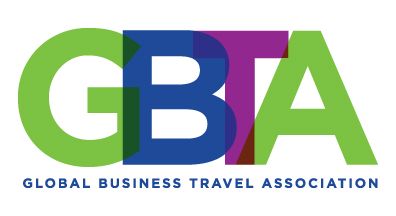Alexandria – Concerns about the spread of the coronavirus and its effects on business travel are widespread among travel managers, according to the Global Business Travel Association. In a flash survey the organization conducted last week, 80 percent of the nearly 250 respondents said it was likely their travelers will change plans to avoid flying and travel, while just 1 percent said it is not at all likely their travelers will avoid travel. Nearly 90 percent of the survey respondents have employees who travel to China and other international destinations.
Those with travelers who had been booked for China will have little choice when it comes to changing plans, given the suspension of China flights by every major U.S. carrier and many other airlines around the globe.
Heightened concerns about the spread of the outbreak have moved to the top of most organizations, according to the survey, with eight in 10 travel managers reporting their executive and senior leaders are either very concerned (40 percent) or somewhat concerned (40 percent) about the virus and its impact on business travel and employee safety.
Meanwhile, nearly nine out of 10 travel managers (89 percent) are personally concerned about the coronavirus spreading around the world, with a full 40 percent saying they were “very concerned.” Seventy percent of travel managers said their traveling employees have expressed a lot (27 percent) or some (42 percent) concern about the virus spreading. Half of travelers have expressed concern about the health screenings at airports, and the related delays and hassle.
While the virus has spread to more than 20 countries internationally, it’s important to remember that the vast majority of the more than 20,000 cases — and all but two of the 427 deaths — have been documented in mainland China, and the majority of those have been in the central part of the country, surrounding the outbreak’s epicenter in the Hubei province. There are now 11 confirmed cases in the United States, according to the Centers for Disease Control and Prevention, and two of those were spread person-to-person. The rest were travelers who had returned from Wuhan, China.
“The impact of the coronavirus outbreak on travel in and out of China has been significant, causing the postponement and cancellation of incentive travel programs, many of which were years in the planning,” wrote Society for Incentive Travel Excellence president Jennifer Glynn, CIS, CITP, in an open letter to members of the organization.
After expressing concern for the health and safety of SITE members in China, Glynn offered a plea to SITE members around the globe: “Please do not rush to rash conclusions about the situation in China or the Asia-Pacific region,” she cautioned. “SITE will continue to provide updates to our global memberships based on facts from trusted sources, such as the World Health Organization, and will not rely on sensationalist media headlines that induce panic.”
The travel industry already is suffering. Preliminary reports from lodging provider STR reveal a hotel occupancy decline of 75 percent in mainland China from Jan. 14-20, during the Chinese New Year period that has traditionally been filled with large celebrations. As for outbound travel from China, the United States is likely to experience a 28 percent drop in visits for 2020, according to projections from STR partner Tourism Economics — equivalent to a loss of 4.6 million hotel room nights and $5.8 billion in visitor spending.

